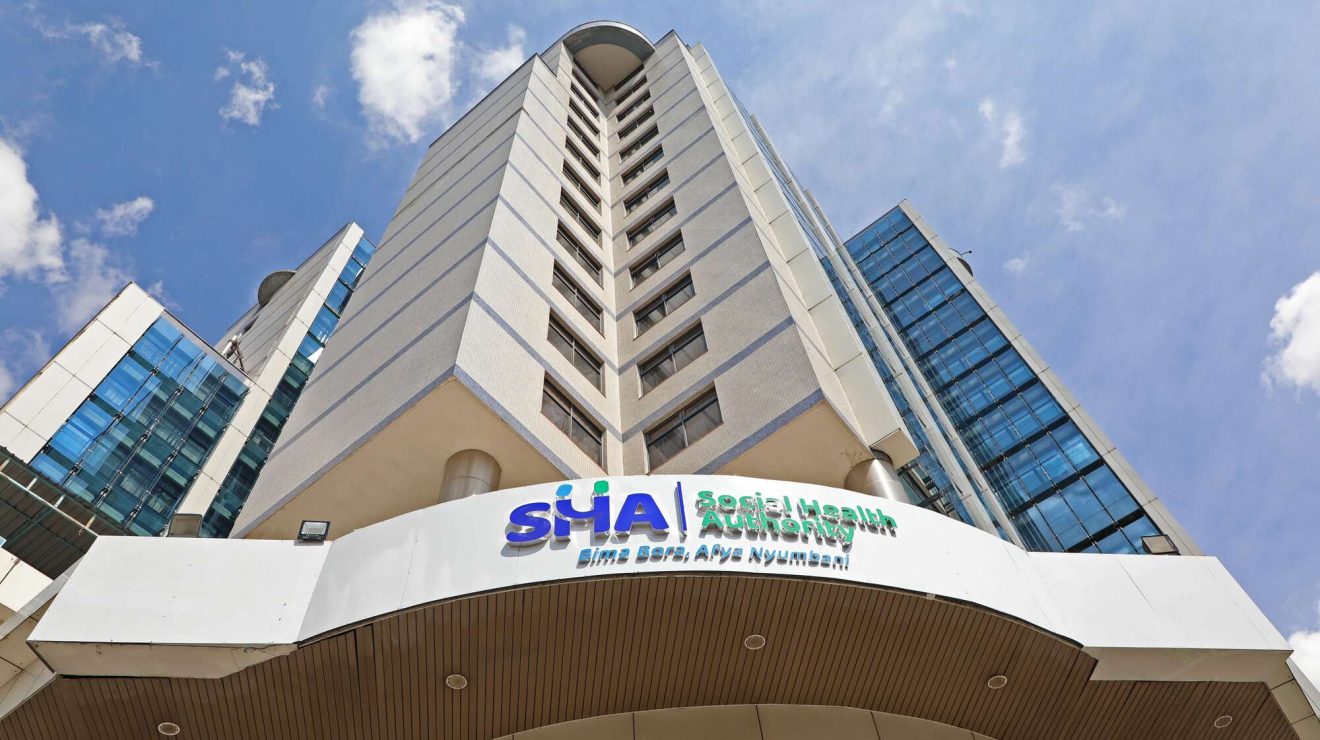By The Weekly Vision Team
Nairobi Governor Johnson Sakaja is under siege from county employees for reneging on the pledges he made to them in the lead-up to the last general election. The employees have taken the governor to task for ignoring their financial plight while wasting resources on PR stunts.
The Weekly Vision has learned from reliable sources at City Hall about the unending monthly late payment of salaries, an issue that, if not well addressed soon, may lead to the mother of all strikes by county staff. Residents of Nairobi are cognizant of the side effects of a strike by city hall staff, including Nairobi Water and Sewerage Company Ltd. According to available records, there has not been a single month in which City Hall employees received salaries before the 10th of each month since Sakaja took office. Sources say union leaders have been compromised and are no longer pushing for better conditions for employees.
The truth of the matter is that while city hall staff are suffering in silence, only those around the governor are enjoying themselves since they get their allowances and per diems by attending conferences and workshops. But even as City Hall staff continue to suffer in silence, a shocking revelation by the Controller of Budgets, Margaret Nyakango, says that Governor Sakaja’s administration spent Ksh. 233.53 million on development from a Ksh. 13.36 billion available between June 2023 and December 31st for the financial year 2023-2024.
According to the Controller of Budget, Nairobi has been listed as one of the counties that spend less on development; the county spent more than 60% on recurrent expenditure during the period. The county in total has an approved budget of Ksh. 42.33b and has allocated Ksh. 14.01b (33.1%) and Ksh. 28.32 billion for development and recurrent programs, respectively. According to the report, the county spent Ksh. 448.79 million on settling pending bills. As of the beginning of FY 2023/2024, pending bills stood at Ksh. 107.33b. However, it is not clear why the county did not clear most of the bills after receiving close to Ksh. 70b before the close of the 2022–2023 financial year.
It is feared that Sakaja’s administration has been getting her priorities the opposite way. According to the report, Sakaja used Ksh. 475.06 million for domestic travel, Ksh. 115.65 million for foreign travel, Ksh. 60 million for hospitality supplies, Ksh. 47 million for training expenses, another Ksh 41 million for specialized supplies, and Ksh 10 million for communication supplies.
A breakdown of the foreign travel indicates the governor and his team in the executive used Ksh.8,993,450m on personal branding and people professional summit, Ksh.8,782,764m to attend the 8th United Nations General Assembly Summit in New York, an unexplained trip to Canada costing Ksh.6,761,520 per diem for a conference in Switzerland costing Ksh.5,368,497, and a Japan trip that cost Ksh.5,080,800.
Currently, Sakaja is under pressure over the pending bills saga, where big divisions have emerged between the executive and the county assembly. A source at the county confided to The Weekly Vision that some suppliers have been earmarked not to be paid, while only a few are walking away with millions despite evidence of not supplying anything.





